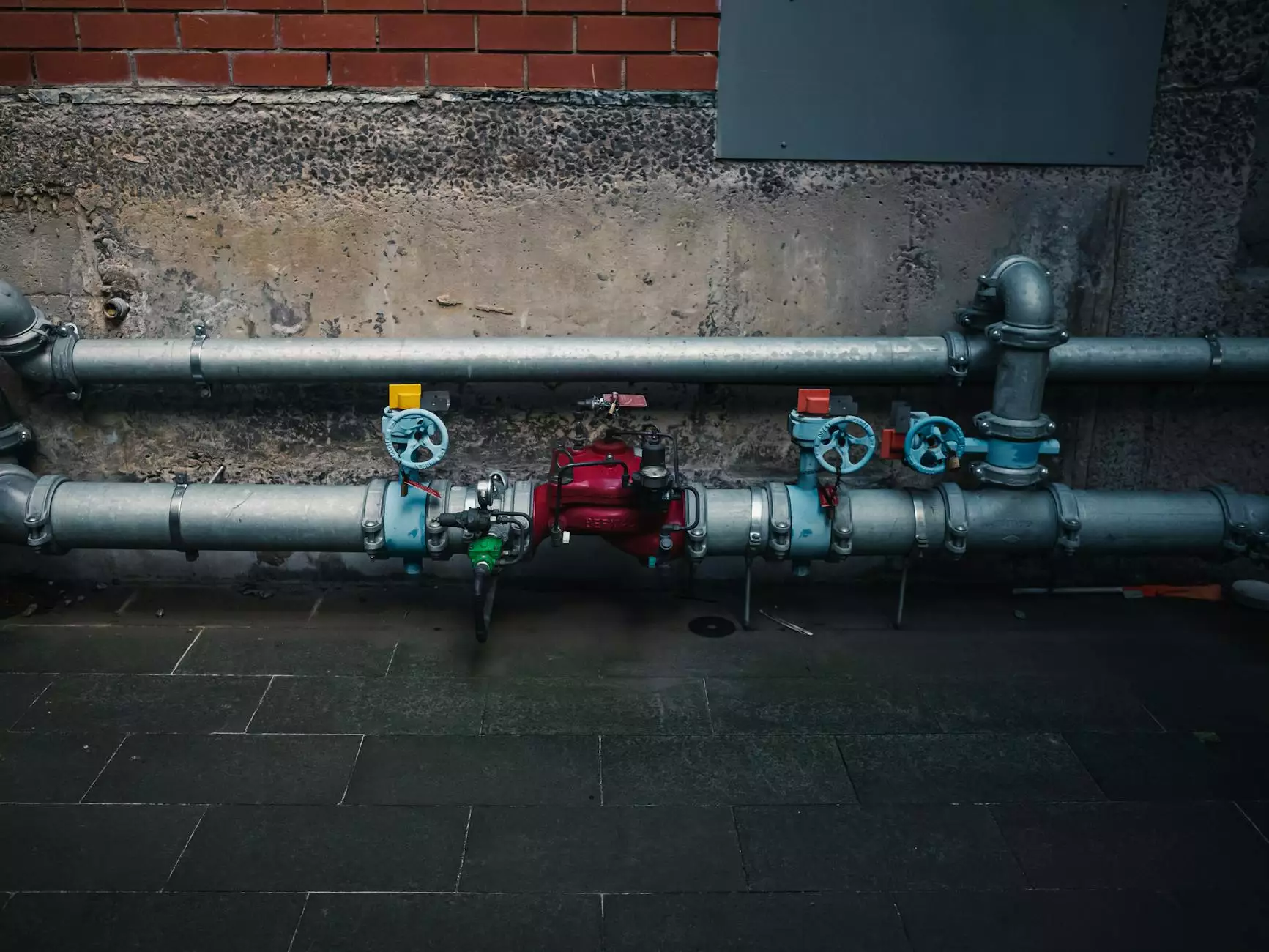The Rise of Mobile Dialysis Business: Transforming Healthcare Delivery

In the contemporary healthcare landscape, the advent of the mobile dialysis business is a groundbreaking innovation that addresses critical needs in patient care, particularly for individuals suffering from kidney diseases. The mobile dialysis business revolutionizes the way patients receive essential treatments, offering unprecedented convenience and accessibility. In this comprehensive article, we will delve into the significant aspects of the mobile dialysis business, its benefits, its impact on patient care, and its future in the healthcare system.
Understanding Mobile Dialysis
Dialysis is a medical treatment that performs the essential functions of the kidneys in patients who suffer from kidney failure. Traditionally, dialysis requires patients to visit a medical center multiple times a week, leading to challenges such as transportation issues, time constraints, and emotional stress. The mobile dialysis business models aim to overcome these hurdles by bringing treatment directly to patients, wherever they may be.
What is Mobile Dialysis?
Mobile dialysis services entail specially equipped vehicles that provide complete dialysis treatment outside conventional medical facilities. These units are staffed with trained healthcare professionals who ensure that patients receive high-quality care in a familiar and comfortable environment. This approach not only makes treatment more accessible but significantly enhances the quality of life for patients.
Key Benefits of the Mobile Dialysis Business
The mobile dialysis business offers a plethora of benefits that reshape patient experiences and outcomes. Here are some of the key advantages:
- Convenience: Patients can receive treatment at home, work, or a location of their choice, reducing the need for travel.
- Improved Accessibility: Individuals in remote or underserved areas can access critical dialysis services...
- Personalized Care: The mobile units allow for a more personalized approach to care, with providers able to tailor treatments to individual needs.
- Enhanced Comfort: Patients often feel more relaxed and less anxious in familiar settings, promoting better health outcomes.
- Time Efficiency: By eliminating the need for travel, patients save precious time, which can be utilized for work, family, and personal activities.
Impact on Patient Care
The transformation brought about by the mobile dialysis business extends beyond mere convenience. It significantly enhances patient care quality and satisfaction. Below are critical aspects of how mobile dialysis positively impacts healthcare.
Breaking Down Barriers
One of the most notable hurdles faced by patients undergoing traditional dialysis is access to treatment. Barriers such as transportation issues, long waiting times, and limited flexibility can deter patients from seeking necessary care. Mobile dialysis addresses these barriers directly:
- Transportation: Eliminating the need for transportation can significantly improve adherence to treatment schedules.
- Availability: Patients can receive care immediately without the burden of waiting rooms.
Enhancing Patient Engagement
Mobile dialysis promotes greater patient engagement. Patients are more likely to be active participants in their care if they are in comfortable environments and can dictate the timing and location of their treatments. Engaged patients often experience:
- Better Health Outcomes: Increased participation leads to improved adherence to treatment.
- Satisfaction: Patients express higher satisfaction rates when they have control over their treatment logistics.
The Future of the Mobile Dialysis Business
As we move forward, the mobile dialysis business is poised for expansive growth. With advancements in technology and a growing recognition of the benefits of mobile healthcare, this sector promises to evolve significantly.
Technological Innovations
Innovations in telehealth, mobile health applications, and portable dialysis machines will enhance the effectiveness and efficiency of mobile dialysis services. Consider these aspects:
- Telemonitoring: Remote monitoring allows healthcare providers to track patient progress and adjust treatments as needed.
- Data Analytics: Leveraging patient data can lead to improved treatment protocols and patient outcomes.
Potential for Expansion
As healthcare systems globally recognize the pressing need for accessible treatment options, the potential for the mobile dialysis business to expand into new markets is significant. This expansion could lead to:
- Increased Accessibility: More patients in diverse geographical locales receiving necessary care.
- Collaboration with Healthcare Providers: Enhanced partnerships between mobile services and established healthcare facilities could lead to comprehensive care networks.
Conclusion
In conclusion, the mobile dialysis business marks a significant milestone in the evolution of healthcare delivery for kidney disease patients. By addressing key barriers, enhancing patient engagement, and embracing innovative technologies, mobile dialysis is not just a temporary trend but a vital component in the future of patient care.
As this sector continues to grow and adapt, it is crucial for healthcare professionals, policymakers, and businesses alike to understand the multifaceted benefits of mobile dialysis and to advocate for its integration into the broader healthcare framework. The implications for improved patient outcomes and enhanced quality of life are profound, solidifying the mobile dialysis business as a beacon of progress in healthcare delivery.









